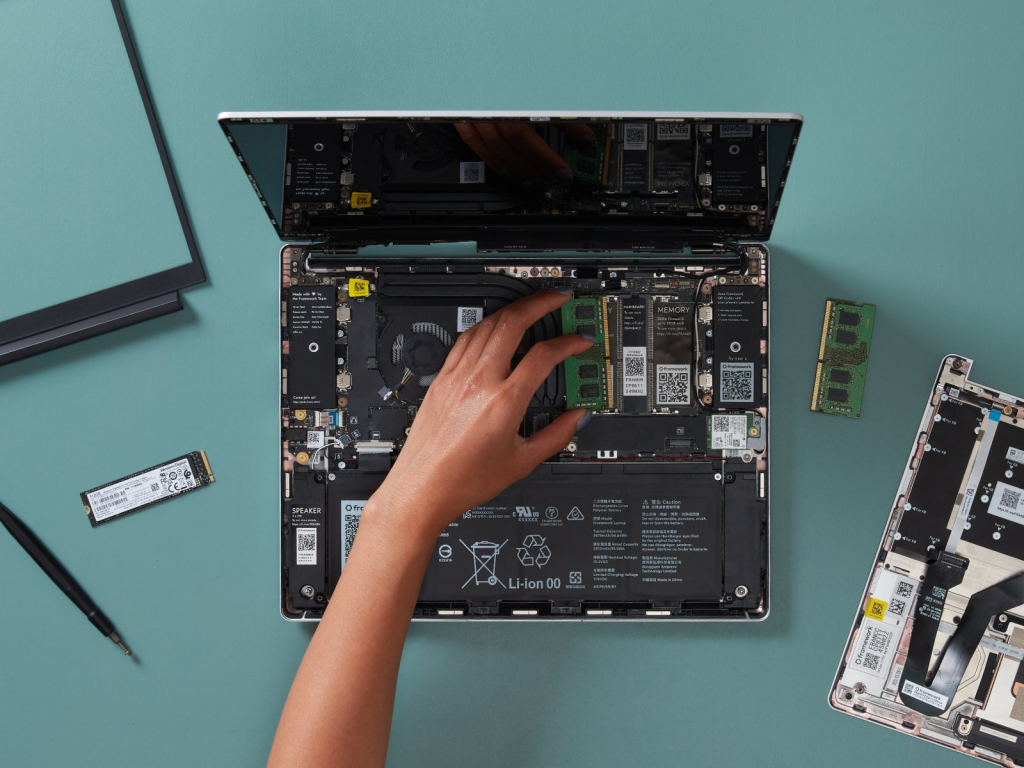How to Design a Metal Business Card That Gets Noticed (and Remembered)
Want a business card that people actually want to keep? Start with metal a card that feels like a tiny piece of art, not just another scrap of paper. Here’s how to design one that stands out from the stack.
- Pick the Perfect Metal
Why it matters:
The metal you choose says a lot about you before anyone even looks at your name.
Think about:
Heft: A heavier card = instant “wow.”
Finish: Brushed, polished, or satin? Each gives off a different vibe.
Durability: Will it survive pockets, briefcases, and all the rest?
Brand fit: Industrial, luxury, or minimalist? Match the metal to your image.
Pro tip:
Run your fingernail along the edge. Hear that? That’s presence.
If you’re considering elevating your branding, check out this metal card design resource for inspiration and options.
- Dial in the Finish
Finishes aren’t an afterthought they’re the first thing people notice.
Options to Consider:
Matte vs. Glossy: Matte is stealthycool; glossy catches the eye.
Brushed or Grainy: Adds character and feels great in hand.
Metallic Luster: For when you want a bit of shine.
Tactile Textures: Invite a touch literally.
Key:
Go for finishes that feel intentional, not flashy. And make sure they won’t scratch off after a few rides in a wallet.
- Typography: Keep It Instantly Legible
No squinting allowed.
Font choice: Sans serif = clean and modern. Sturdy serifs = classic but sharp.
Contrast: Make sure your text pops against the background.
Hierarchy: Company > Name > Role > Contact. Easy to scan.
Spacing: Let your text breathe; don’t cram info.
Test it:
Check your design under different lighting. Your name should always be easy to read.
- Engraving & Texture: Make It Touchable
Why just look good when you can feel good, too?
Engraving depth:
Shallow = modern and subtle.
Deep = bold, tactile, unforgettable.
Inset textures:
Microgrooves, dimpled patterns, or just a touch of grit.
Mix textures, but don’t go wild two or three is enough.
Contrast:
Matte base + polished text = instant legibility.
Tip:
Run your fingers over the sample. If you want to keep holding it, you’ve nailed it.
- Color, Contrast & Staying On Brand
Metal’s cool, but your brand has to shine through.
Keep it simple: One bold accent color, maybe two.
Contrast is king: Your info should stand out against the metal.
Stay consistent: Match your card’s colors to your website, socials, and other materials.
Remember:
Metal can change how colors look. Test samples under realworld lighting.
- Durability: Make It Last
Looks aren’t everything longevity counts.
Go thicker: Flimsy metal is a nogo.
Finish smart: Matte or brushed hides scratches better than gloss.
Practical size: Fits in wallets and card holders.
Test it: Toss it in a pocket. If it comes out looking good, you’re golden.
- Smart Spending: Value Over Flash
Premium doesn’t have to mean pricey just thoughtful.
Stick to essentials: Don’t go overboard on wild finishes.
Work with reliable suppliers: Consistency = fewer headaches.
Negotiate: Better pricing for bigger orders, and always ask about lead times.
Plan ahead:
Track your budget and how design tweaks affect cost and feel.
- Tell a Brand Story in Metal
It’s not just a card. It’s a handshake, a promise, a story.
Weight = importance
Texture = reliability
Edge treatment = precision
Keep it cohesive:
Every detail should reinforce who you are and what you stand for.
- Presentation: The Unboxing Moment
Packaging matters!
Slim sleeves: Protects the card, feels premium.
Minimal branding: Keep the outer look clean and sharp.
Tissue or microfiber insert: Prevents scuffs and adds a luxe touch.
Include a note: Even a short hello makes the experience personal.
First touch = first impression. Make it count.
Final Thoughts
A killer metal business card isn’t about being the flashiest it’s about being memorable, tactile, and unmistakably you.
Test, tweak, and trust your instincts. Once you hand it over, you’ll know you got it right by the way people pause, smile, and ask, “Where did you get this?”
Ready to make a card that gets you noticed? Start designing and don’t forget to have a little fun.




